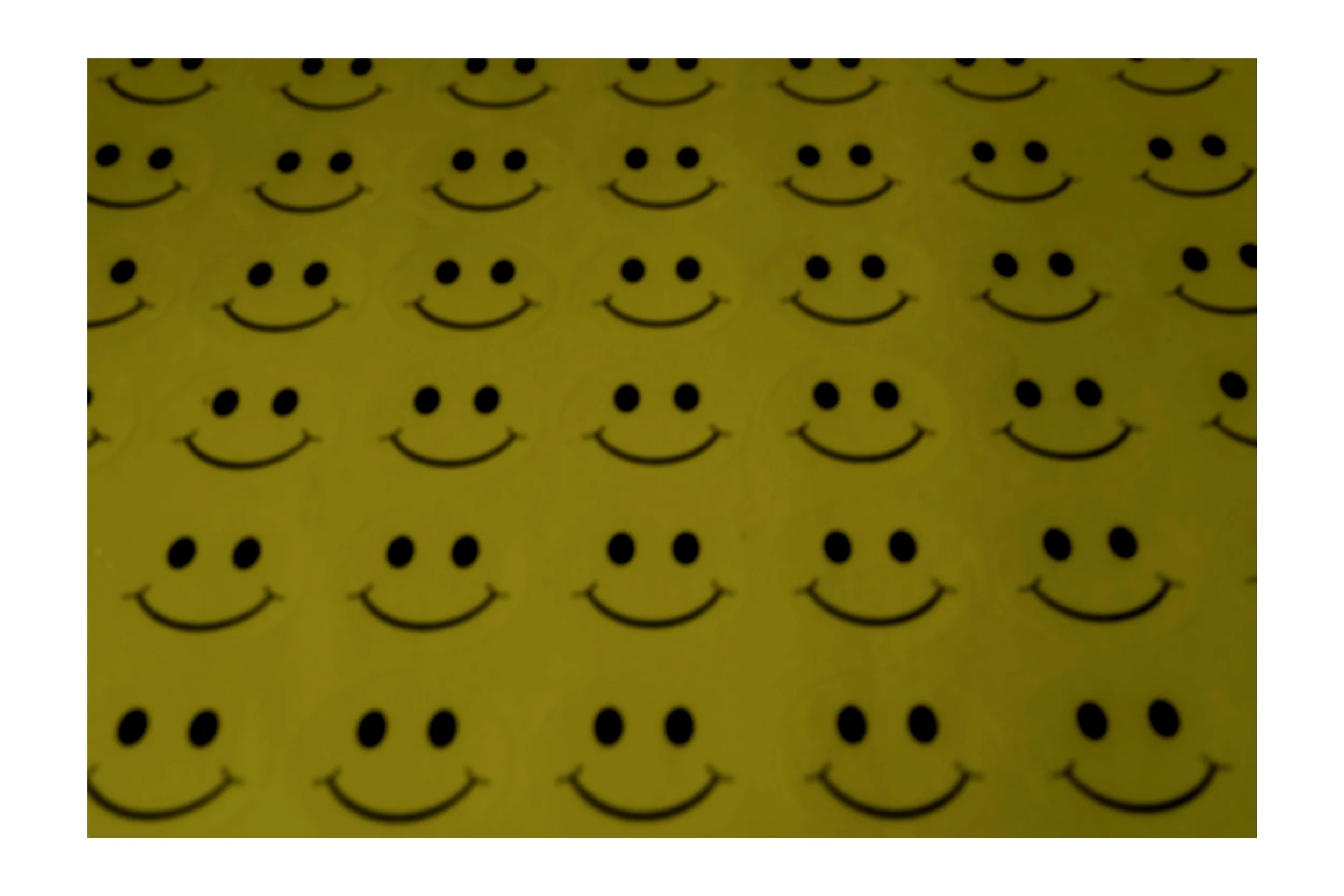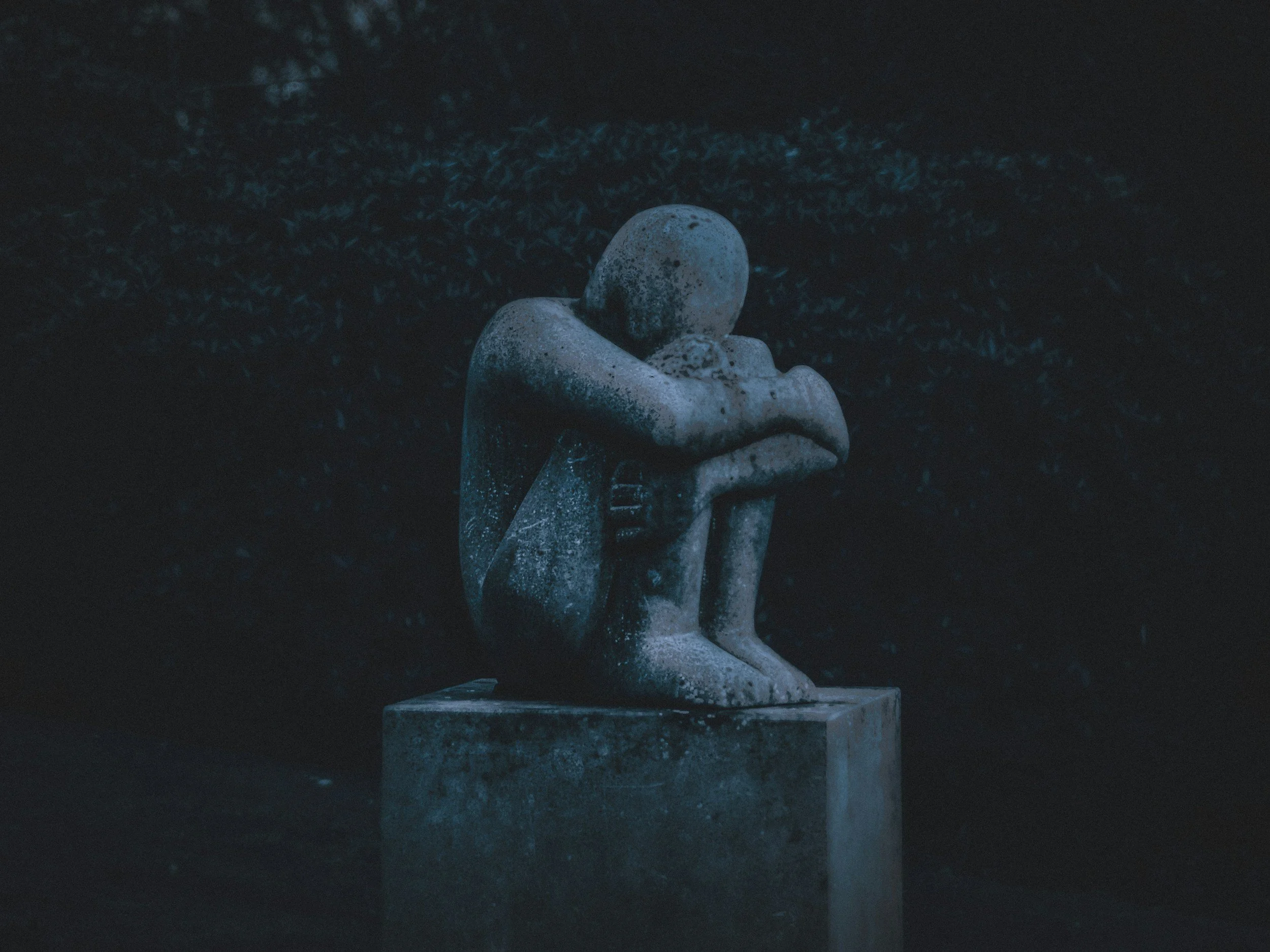
How to Be Open and Set Boundaries With the People You Love, Especially During the Holidays
The holidays have a way of bringing out the best in us…and sometimes the most stressed parts of us. We want connection, warmth, and shared traditions, yet the pressure to “be on,” the weight of old dynamics, and the expectation to do it all can leave us feeling stretched thin.
Many people think they have to choose between being open or setting boundaries, but the truth is, the most grounded relationships make room for both. Here are three ways to stay connected while still caring for your emotional wellbeing this holiday season.

The Power of Human Connection in the Therapy Room
At its core, therapy is not just about techniques, interventions, or treatment plans; it’s about connection. Beneath all the theories and modalities lies something simple yet profound: two humans sitting together, sharing space, and working toward healing.

You Don’t Have to Be in Crisis to Start Therapy
When most people think about therapy, they imagine someone in the middle of a crisis who is grieving a loss, going through a breakup, struggling with anxiety, or feeling completely overwhelmed. While therapy can be life-changing during those times, it’s just as valuable when life seems okay on the surface. The truth is: you don’t have to be falling apart to benefit from therapy.

The Healing Power of Human Connection: What is Lacking in AI Therapy
I was recently out to dinner with a few friends when the conversation turned, as it inevitably does these days, to AI. Some admitted they had been trying an AI therapy bot and wanted to know what I thought.

The Benefits of Marriage Counseling: Understanding Attachment and Rebuilding Connection
Even the most solid relationships may falter at times. Life’s pressures such as work, financial hardship, parenting, stress, loss, or simply the passage of time can make it harder to communicate and easier to drift apart. Many couples come to marriage counseling hoping to fix a problem, but what they often find is something deeper: a clearer understanding of themselves, the relationship and each other.

What is Narrative Therapy and How Can it Help Me?
Narrative therapy is a therapeutic approach that invites individuals to view their lives as stories rather than diagnoses and to become authors of their own narratives. It is based on the idea that people's lives are shaped by the stories they tell about themselves and their experiences.

Perfectionism, Wholeness, and Hope
We’ve all felt it: the quiet, persistent voice that tells us we’re not enough. In a world of curated images, polished social media feeds, and promises that we can fix what’s “wrong” with us, it’s easy to chase an impossible ideal of perfection. And when life inevitably reminds us that we are fallible, vulnerable, and sometimes in pain, that pursuit of perfection can leave us feeling hollow, frustrated, and isolated.

The Value of In-Person Therapy: Reclaiming Authentic Connection in a Disconnected World
In a time when so much of life happens through screens—work meetings, social updates, even therapy—it’s easy to forget the quiet power of human presence.

Understanding Jealousy in Relationships: What It’s Really Telling You and How to Heal It
Jealousy is one of those emotions we all know too well: the tightening in your chest, the racing thoughts, the sudden wave of insecurity when your partner mentions someone else or seems distant. It can feel messy, shameful, and hard to talk about. But jealousy isn’t the enemy; it’s a signal.

Why “Being Yourself” Is Harder Than It Sounds
We grow up learning which parts of ourselves are welcome and which should be hidden. Therapy helps us rediscover what’s real beneath all that conditioning.

Helping Your Teen Find Their Way: How Parents Can Support Identity Development in Adolescence
Learn how to support your teen’s identity development during adolescence. NYC therapists at CoreStory Psychology NYC share expert strategies for parenting teens, building connection, and promoting healthy self-discovery.

What Does “Doing the Work” in Therapy Actually Mean?
What Does “Doing the Work” in Therapy Actually Mean?
By, Natalie Johnson, MHC-LP
Never before has therapy been more openly discussed than it is today. As mental health becomes a mainstream topic, so too has its language entered everyday conversation. One phrase you’ll hear often is: “doing the work.” But what does that actually mean?

An Antidote to Toxic Positivity
Everywhere we look, it seems like we are bombarded with platitudinous messages such as “good vibes only”, “just stay positive”, or “happiness is a choice.” If seeing another glib post saying “look on the bright side” or “everything happens for a reason” is making your eyes water and blood boil, know that your reaction is normal. One study showed that participants who were asked to suppress negative emotions regarding an upsetting event experienced more negative emotions compared to those who were not receiving any instructions to control their emotions (Dalgleish et al., 2009).

With or against? Know your story.
Regardless of what side you are on, what is happening between Israel and Hamas is universally disturbing and will continue to represent a frightening and threatening conflict that looms in our world today. Perhaps subtly striking about the previous sentence is the assumption that you must fall on one side or the other.

Therapy Story: “To others, I am the happy one.”
“I am the happy one” is what I like to call a dominant story. I have found that part of the cause of people’s feeling stuck, depressed, high anxiety, and all the symptoms can be associated are the expectations foisted upon us by the roles we end up playing in lives. Starting even as early as childhood, people embrace the labels that their families often give them: “the happy one,” “the thoughtful one,” “the stubborn one.” These are just a few that end up becoming part of people’s fundamental way of thinking about themselves, and often end up living into their adult relationships.

Therapy Story: “By this age, I should have accomplished…”
From the beginning of pre-school, to the end of college, graduate school or beyond, our society dictates to us what we should be doing, when, how, and compared to whom. This source of these dominant stories are varied and include social, corporate, familial and ethnic/cultural spheres. These stories cause anxiety.

Therapy Story: "I feel so behind compared to other people."
It is common that people start therapy with the belief that they are behind in some area of life. It may be career, relationships, or even in understanding fundamental truths about their identity. So many of us believe that we should have accomplished more than we have at this point and judge ourselves based on others whom we perceive to be further along.

Therapy Story: “I should be over that by now.”
In our NYC-paced energy-filled complicated and often lives, we are socialized to “keep pushing forward.” We feel pressure from within and from around ourselves to “not look back” and continue building, growing, and progressing. While this sentiment has value (and is indeed palpable from the moment a person starts pre-school), it also represents a dominant story that can occlude vital parts of our past lived experience that may need continued processing.

Therapy Story: “Sometimes it feels like I can never relax.”
Relaxation can assume incredibly different forms for each of us. And while we all crave moments to unwind or take our mind off of other pressing responsibilities, it can be challenging to explicitly define what relaxation looks like, even when those rare pockets of free time emerge in our schedules. And while the prescriptive bubble bath, easy chair, or warm cup of tea may pop into our heads when we have a few hours to spare, they don’t necessarily foster the tranquility and presence that can always rejuvenate us.

Therapy Story: “I feel so behind compared to other people.”
A variant on “I should have done this by now,” this statement reminds me of Theodore Roosevelt’s quote, “Comparison is the thief of joy.” Behind this statement is the concept that specific life stages are tied to specific accomplishments, and that one cannot progress beyond a certain stage unless a task or milestone has been accomplished.
